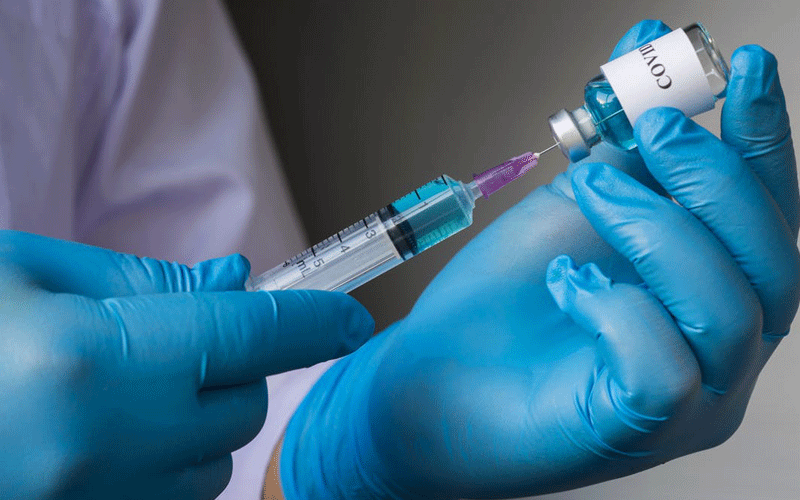Equity, access in global Covid vaccination is essential

Commercial interests of those who have worked tirelessly to develop Covid-19 vaccines in record speed notwithstanding, the low level of the uptake of the jab in developing countries is now a matter of grave concern.
It must be addressed in order to consolidate the gains so far made in tackling a pandemic that is increasingly getting complicated each day.
The World Health Organisation (WHO) in April revealed that out of 700 million vaccines that had been administered, it is only 0.2 per cent that had been done in low-income countries. Even worse is the uncertain nature of future availability.
The current Covid-19 health crisis and a new variant in India that is causing havoc and recording globally unprecedented numbers of infections and deaths, is a clear testimony that this pandemic is still a huge global challenge.
It can get even worse for developing countries that do not have strong health systems as the Asian countries.
Kenya, like in Indian and many other African countries, have weak public health systems that are only complimented by a highly expensive private sector healthcare system beyond the reach of the large population.
With WHO having warned that Africa is not immune from entry of new variants, which have already been reported, there is urgent need to avert such a crisis by strongly integrating developing countries in vaccine roll out.
There is need for developed countries already manufacturing vaccines to cooperate and override the monopolies held by pharmaceutical companies to allow scaled up production of safe and effective Covid-19 vaccines to ensure poorer countries get access to the doses they desperately need.
The United States, European Union, and other major Covid-19 vaccine producers should waive intellectual property rights for the scaled-up production in more countries to address the current shortage.
South Africa and India were the first countries to moot vaccine waiver proposals at the World Trade Organisation in October.
However, in March this year, richer members of the WTO blocked a push by over 80 developing countries to waive patent rights to boost production of Covid-19 vaccines for poor nations.
The European Union, Britain, Switzerland and other European countries, host of huge pharmaceutical companies, argument that this would undermine incentives for companies that have produced vaccines in record time to do so in a future pandemic, lacks strong merit considering the gravity of the pandemic and how it has shaken global order.
It is only through higher production, removal of export barriers and the sharing of already-ordered vaccines that could immediately boost the gains made in vaccine development.
The nature of this pandemic makes a strong case for the vaccination to be conducted through a globally focused approach.
It needs a well-coordinated supply chain with strong ethical considerations and a process insulated from political machinations, which are likely to result in ‘vaccine wars’ already taking shape.
In March this year, Oxfam International’s Executive Director, Gabriela Bucher, said that by allowing a small group of pharmaceutical companies to decide who lives and who dies, rich nations are prolonging this unprecedented global health emergency and putting countless more lives on the line. — The writer is a journalist and communication consultant in Nairobi









